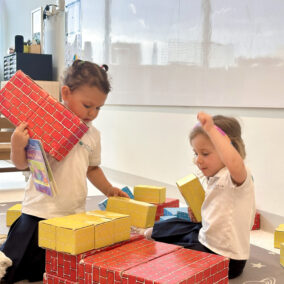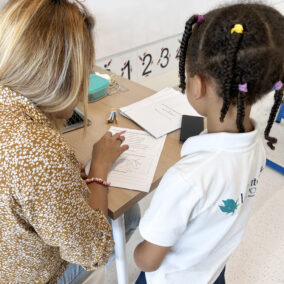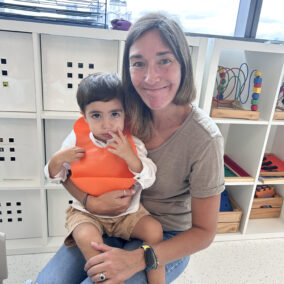TEACHING APPROACH
TEACHING FRAMEWORK
At La Petite Ecole, the French national curriculum is taught in several languages, for children from the N1 (2 years old) to Year 5 (10 years old). The teaching team receives training throughout the year, internally, as well as through their partnership with the Agency for French Education Abroad (AEFE). The school welcomes families from all walks of life. It is open to its host country, its language and its culture.
La Petite Ecole Singapore follows the French national curriculum.
Mobilising language in all its forms
Acting, expressing themselves, understanding through physical & artistic activity
Gaining basic numeracy skills
Exploring the world
PRINCIPLES & VALUES

A caring school
with a child-centred approach that respects the diversity, pace of learning and uniqueness of each child.

An international school
where each child learns to become autonomous and acquires knowledge and skills by exploring the surrounding environment at their own pace.

At La Petite Ecole
we understand that early schooling is crucial to the child's overall understanding of the school system in the long term.

